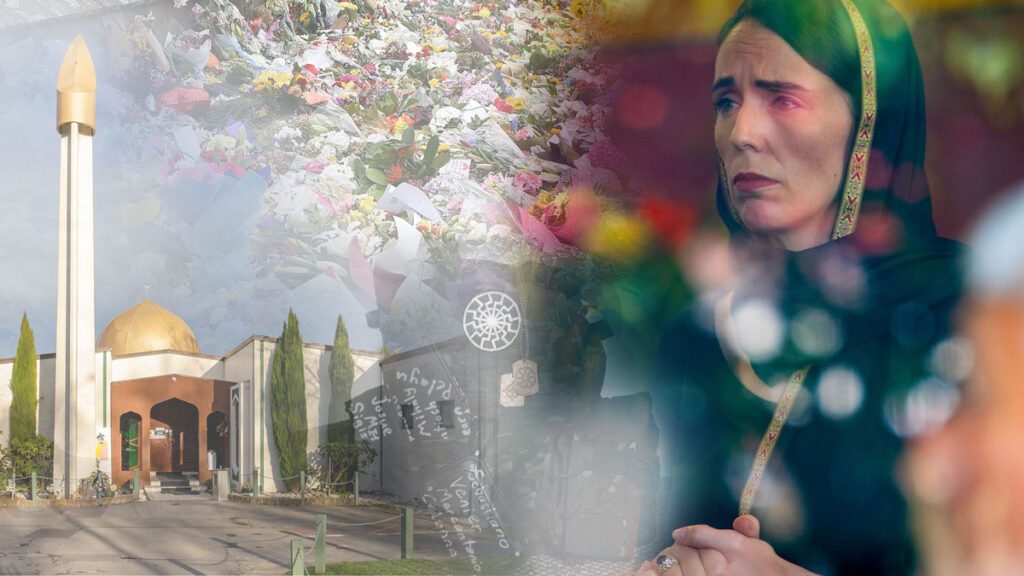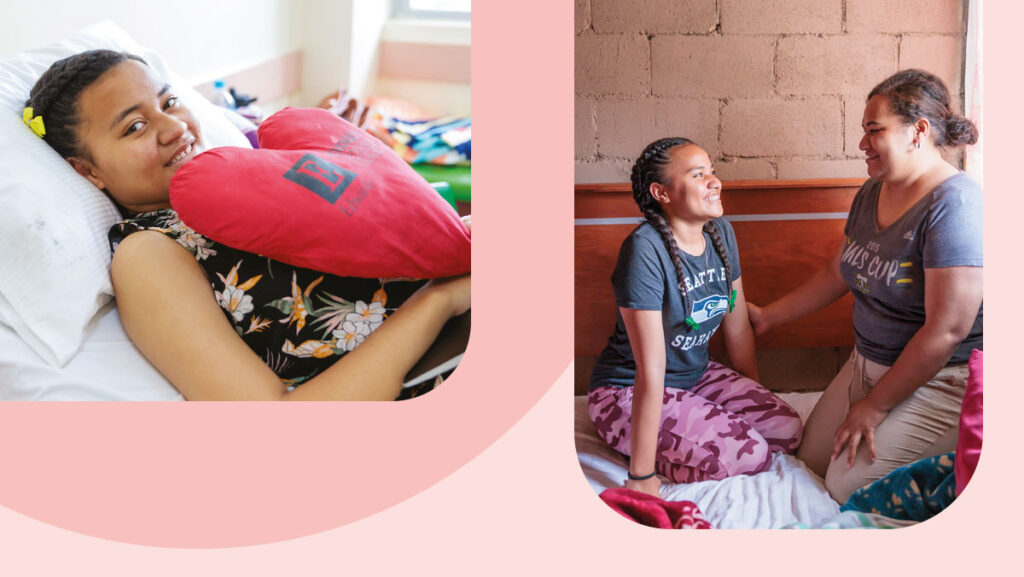Success is a subjective word. For some, success equals fame or fortune. The perfect job. A happy family. Good health. For many, success is a combination of these factors.
Like everyone, I have my own set of goals—measures I use to determine whether or not I have achieved “success”. I want to thrive in my work. I’m saving so I can own property. I want my marriage to flourish.
My idea of success is probably shared by many people who live in developed countries such as Australia and New Zealand. But what do people who live in developing countries think success is?
I recently travelled to Timor Leste to visit an ADRA Australia project. It was there that I met Maria, who helped me reconsider my definition of success.
From a rural village, Maria has lived in poverty her whole life. Decades ago, Maria lost her right leg. Severely infected from a wound she received while fleeing her village during the war, Maria was forced to choose between losing her leg or her life.
Losing a limb is a traumatic experience for anyone, but for a subsistence farmer living in poverty, losing a leg is devastating. Maria told me that it was very difficult for her to earn money because of her disability. [pullquote]
Maria’s challenges didn’t stop there. Water was over a half-hour walk away. Imagine walking that distance with just one leg several times a day! And despite toiling under the sun, the produce that she harvested from her home garden was never enough.
Her family would often go hungry, they rarely had any crops left to sell, and, at times, they couldn’t afford to send the children to school.
When you struggle to meet basic needs like Maria did, survival is the only measure of success.
But Maria, like other mothers in Timor Leste, didn’t want to just survive. She wanted to help her children to rise out of poverty. She wanted her family to thrive.
So, when an ADRA project began in her village, Maria was eager to participate. With ADRA’s help, Maria’s community got clean water. And, thanks to the seeds and agricultural training she received from ADRA, Maria more than doubled her yield.
Life is very different now for Maria’s family.
My job at ADRA is to write—to tell the stories of the people whose lives have been changed by the generosity of ADRA donors. Usually, I receive these stories via email. It’s one thing to hear about ADRA projects but an entirely different thing to meet people like Maria whose lives are transformed for the better.
Maria’s story of struggle and resilience is a shared experience amongst Timorese. Coming from a place of privilege in Australia, it is difficult to fathom that another woman, living just an hour away by plane, can face such difficulties.
We know that no country is exempt from poverty. Jesus told us that the poor would always be with us, but the Bible also instructs that we are to care for those less fortunate than us. Luke 3:11 says, “Anyone who has two shirts should share with the one who has none, and anyone who has food should do the same.”
God isn’t asking us to give up our basic needs to meet someone else’s. Rather, He is asking us to share our abundance—our success; His blessings—with those less fortunate.
I was privileged to meet Maria—a resilient, hardworking and resourceful woman. She taught me that compassion towards others is a measure of true success because, as people receive a hand up, they can indeed turn survival into a future free from poverty and filled with hope.
To read Maria’s full story, visit adra.org.au/marias-story. ADRA works to serve people so that all may live as God intended—free from poverty and disadvantage. Your gift this end-of-financial-year can provide mothers like Maria with the skills and resources to succeed: to earn a living, to send their children to school and to break the cycle of poverty. To donate visit adra.org.au/transform.
Ashley Stanton is Media and Communications coordinator for ADRA Australia.






